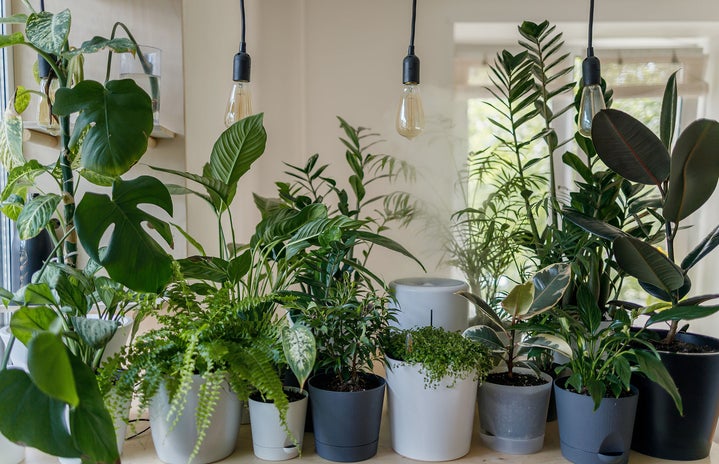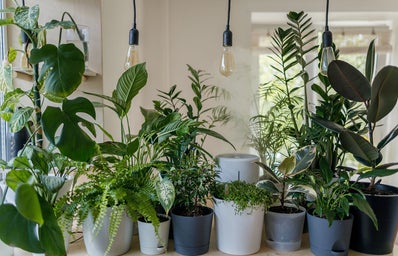By no means am I a certified relationship expert nor will I claim to know everything about relationships. I’m a growing 19 year old giving my best shot at life just like everybody else. The following list is just things that I’ve noticed based on my own experiences, the experiences of others, and the youtube algorithm. Given in the form of advice and quick taglines, here it goes:
- You’re never going to know how others truly perceive you.
-
And that’s okay. What matters most is how you see yourself and your own opinion of yourself. This advice is especially geared toward those with people pleasing/fawning tendencies. Now, I’m not saying that you shouldn’t listen to those you care about. The influences we surround ourselves with shape us into the person we are today. It’s good to take into consideration the feedback you receive from your loved ones and co-workers; especially if they’re letting you know something about yourself that affects them in a negative way that you didn’t notice before. Sometimes it’s good to hear the qualms of others to acknowledge the parts of yourself you’re not able to see, as you gain their perspectives. However, it’s not healthy to build a reliance on the validation from others as a way to establish your identity. That may lead to a lost sense of self/identity and too much room for potential negative change. So, don’t worry too much about how others see you, and focus more on how you feel, as well as how you make others feel.
- The parts you like about them aren’t reflective of yourself.
-
It’s okay to form relationships with others based on shared characteristics, that’s how most friendships are made (or at least from my experience). However, I’ve found the strongest relationships are those in which we recognize the fluidity in people’s personalities. We all grow and change, simultaneously developing and losing interests along the way, which is why we shouldn’t use interests as the foundation of our relationships. It’s ok to use them as a starting point, a way for you to determine whether you want to further a relationship with the other person. But after a while, what happens when these interests dwindle away? Or what if their personalities change in a way which doesn’t reflect your own?
What qualities do you admire in the other person that have nothing to do with what you like about yourself?
For instance, it can be fair to say the friendships we had in high school were built on the similarities we had being in the same school, having the same classes, and the routinity of it all. But as soon as we graduated, we realized most of our relationships with these people dissipated away with our adolescence. The relationships which survived were the ones in which we talked about topics beyond school and got to know each other on a more personal level as a result. It’s in which we recognize the complexity of those around us where we can truly appreciate their uniqueness and everything that makes them so great.
- Communication and trust: seeing both sides like Chanel.
-
Cliche as it sounds, communication and trust really is key to any relationship. In order to communicate and trust someone, you have to determine whether you’re comfortable with the other person in the first place. If you’re not comfortable to share your thoughts without risk of feeling ashamed or ridiculed, then how is that relationship contributing to you being allowed to express yourself? The healthiest relationships are those in which both parties can safely share their insecurities, goals, and aspirations. It’s also when you can trust the relationship to keep yourself accountable. Of course, ultimately it’s up to you to keep yourself accountable, though it’s always nice to have others there to help you develop into the person you want to be.
Here are some questions you can ask yourself to evaluate the relationships in your own life:
*Am I comfortable with saying something in front of this person without being scared of how they’ll react? (ie. possible retaliation/threats/change in behavior) This allows you to think about whether you value their perception of you more than the actual relationship itself.
*How do I know that this person understands me (and vice versa)? Listening is one thing, comprehension is another. This question allows you to think about how effective your communication methods are.
*Do I only communicate with them when I need something (and vice versa)? Giving is involved within any relationship. We constantly give our time, energy, gifts, money, etc. But it’s also important to keep in mind how giving and taking contributes toward the relationship, and whether there’s an imbalance. If you only go toward someone for what they can give you, then what happens when someday this cycle is broken? Will you still see them as a friend and will they see you as one too?
- It’s not a one way mirror.
-
In a one way mirror, there’s one side with someone who’ll be able to see the other side despite the other side not being able to see them. There’s a power dynamic involved as there’s one person who can see everything with the comfort of knowing the person being viewed is unable to do the same. You don’t want to be in either of these positions in a relationship. Whether it’s being voluntarily (or involuntarily) vulnerable in a relationship, you gamble the risk of potential pain and loss. Loss can come in many forms: loss of self, loss of the other person, or even loss of the relationship itself. It’s not pretty and obviously nobody wants to go through that. And sometimes it’s not as dramatic of a fallout as I’ve illustrated. Sometimes loss is just a simple word. But it’s a given gamble whenever you enter a relationship. Just as much potential it has to be great, it can also have the potential to not be so great.
In the end, all that matters is that you’re willing to cultivate such a relationship worth losing despite the fear of uncertainty — uncertainty over how long it’ll last, the behavior and feelings of the other person, how much faith you have (in yourself, the other person, or even the relationship itself) etc. There’s a lot to be uncertain about as there’s a lot you can’t control. But the goal isn’t to be 100% certain about everything, it’s to be certain that you wake up every day wanting to stay. The certainty that the other person is someone you’d want to be in your life for as long as possible. The certainty that the longer they’re in your life, the harder it gets to stop loving them. And the certainty that loving them will come at ease and you’ll find yourself not minding it at all.
- You like them!
-
Yes. Surprising, I know. The strongest and healthiest relationships are the ones in which people actually like each other? Wild. Sarcasm aside though, personally within my life I know a lot of relationships in which the people in them who claim to love one another don’t even like each other. As sad as it is to say, yes, we should all like the people we stay in relationships with. And if you come to find that you don’t like the person, then simply wave goodbye. There’s no need for exaggerated drama or talking badly about the people you break relationships with either.* Some people are just tourists and nomads, staying for a little while to then leave. But that’s ok, because no matter what relationships come and go, the most important one will always be the one you have with yourself.
*there are exceptions (i.e. emotionally/physically abusive relationships)
That’s the end of my long article post, thank you for making it this far if you did!
I appreciate you and your time dedicated to reading my humble advice and perspective. As I stated in the introduction, by no means do I know everything about relationships. But I’ve been able to pick up some nuggets of valuable wisdom along the way. In relation to the name of this article — Relationships Are Like Plants — I still stand by that statement. Just as you make sure to water and tend for the plants in your household, make sure to share the same energy toward your relationships as well. Otherwise, they’ll die without your commitment and care. Whether you find it hard or easy, it all comes down to contributing meaningful work, which will benefit you in the long run anyways.


